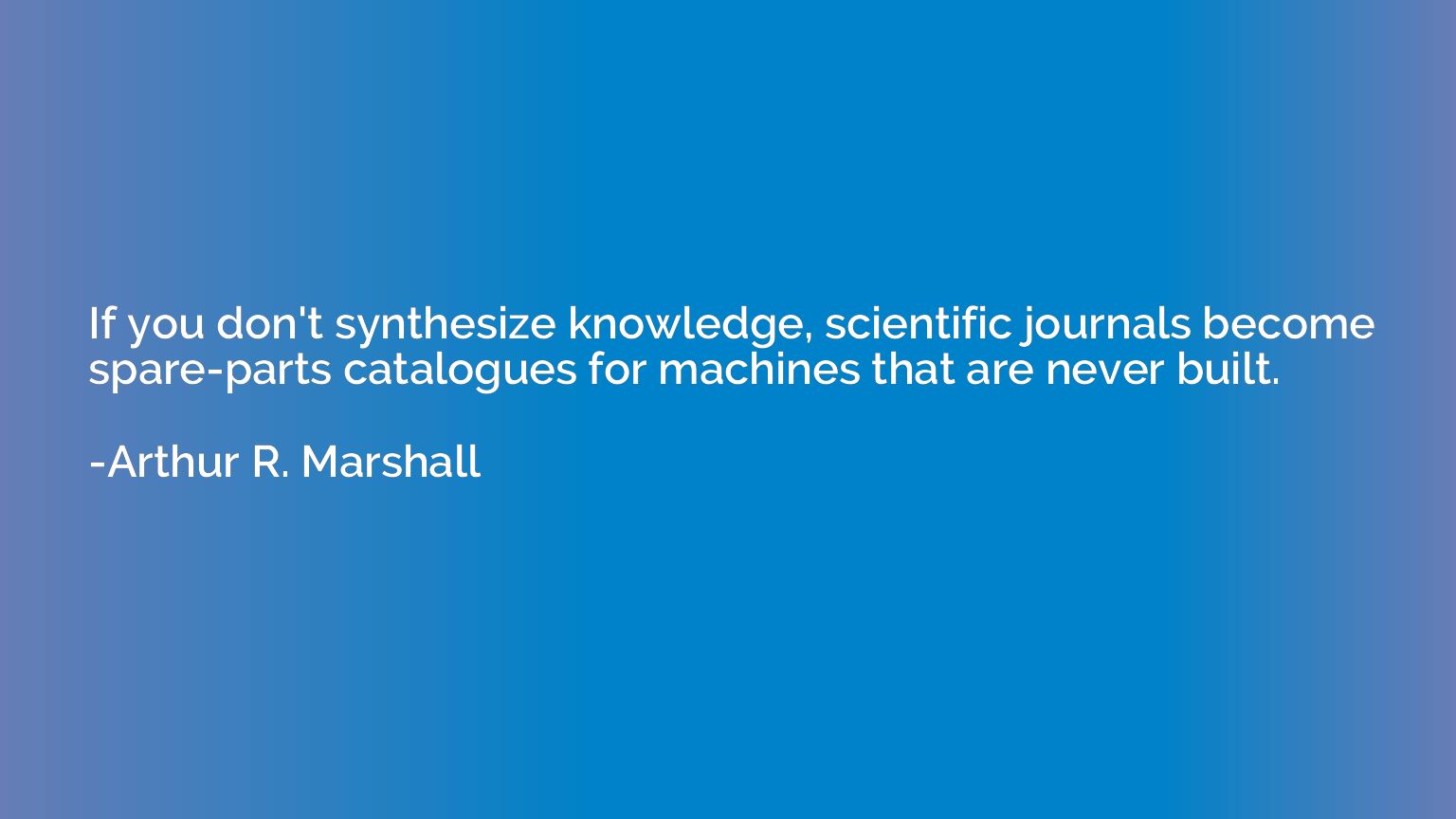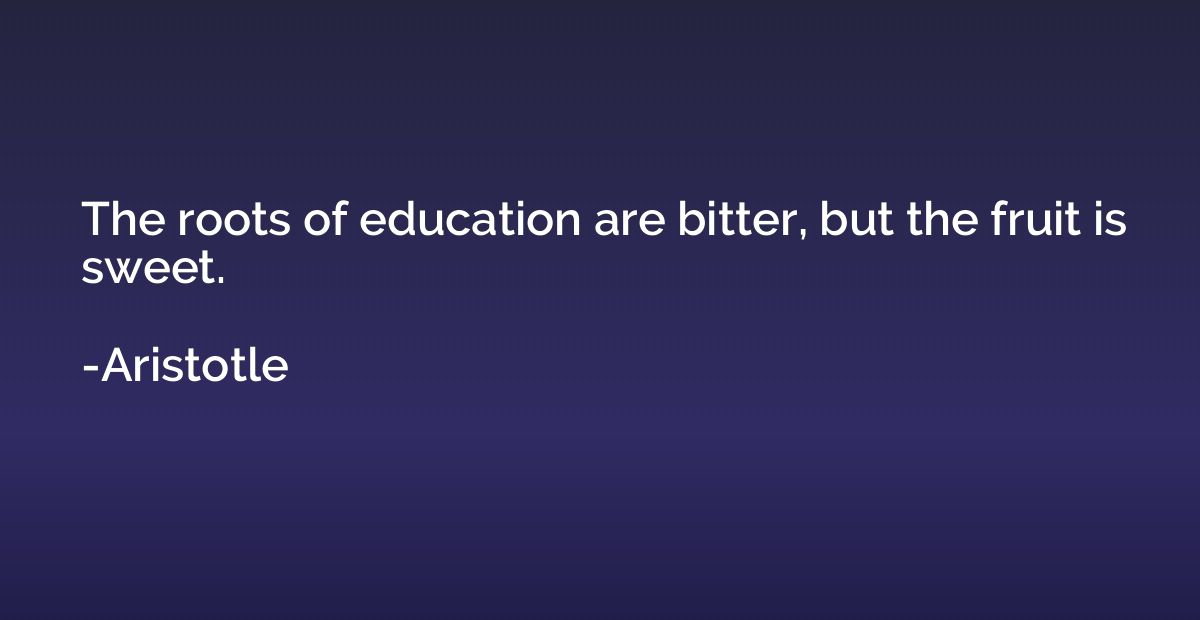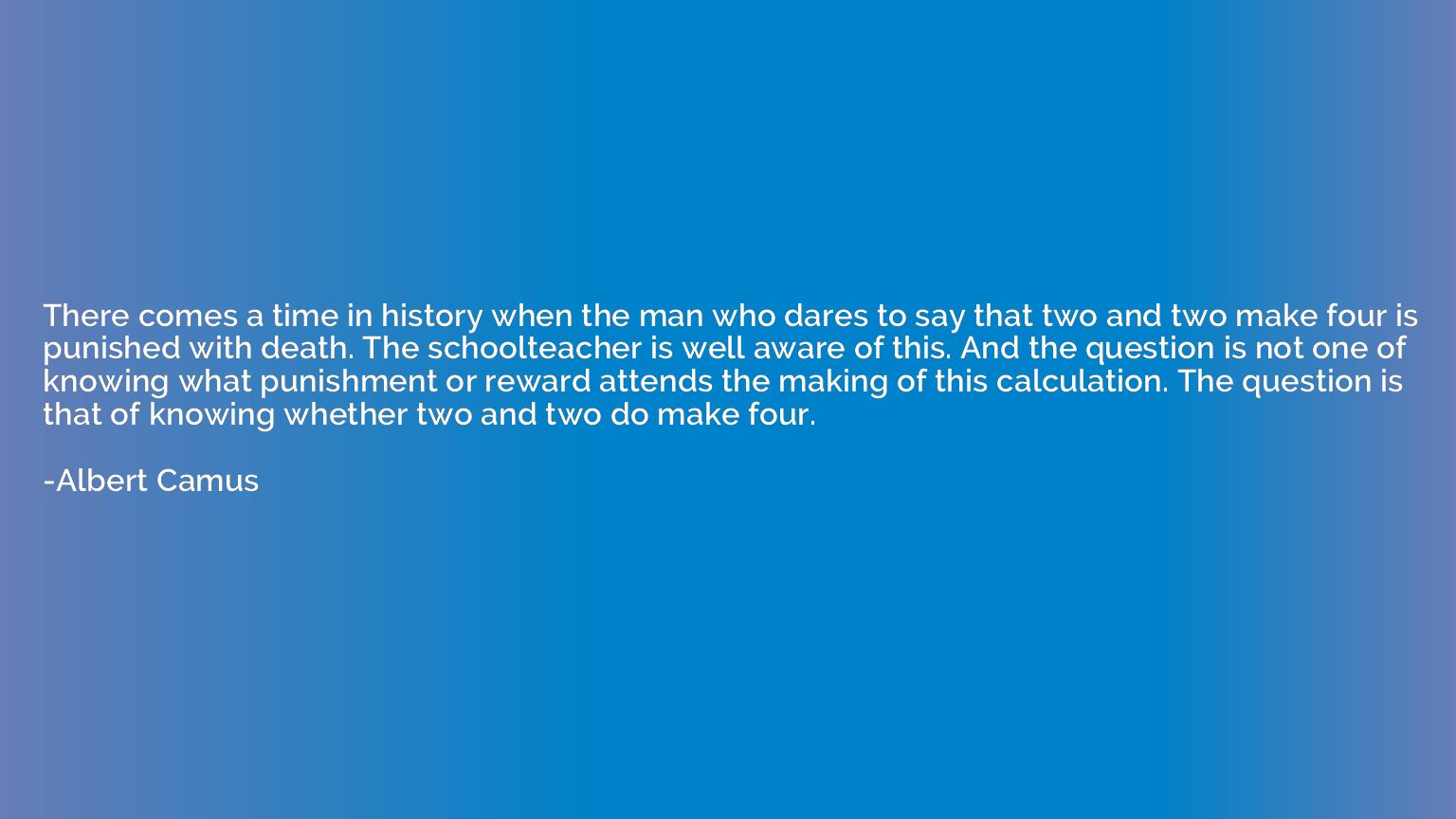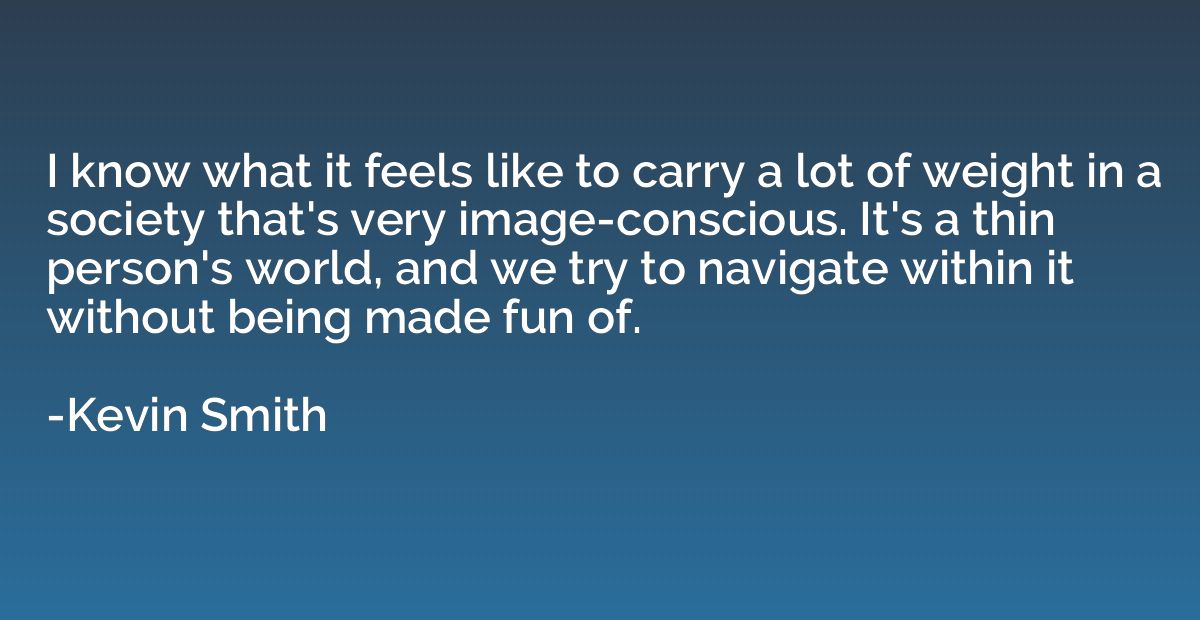Quote by Arthur R. Marshall
If you don't synthesize knowledge, scientific journals become spare-parts catalogues for machines that are never built.

Summary
This quote emphasizes the importance of synthesizing knowledge from scientific journals. It suggests that simply collecting information from these journals without actively integrating and utilizing it in a meaningful way is futile. By not synthesizing knowledge, the quote implies that scientific journals serve no purpose other than being a collection of disconnected data that cannot be put to practical use. In order to make progress and advancements in various fields, it is crucial to synthesize the information gathered from scientific journals and apply it effectively to develop practical applications.














